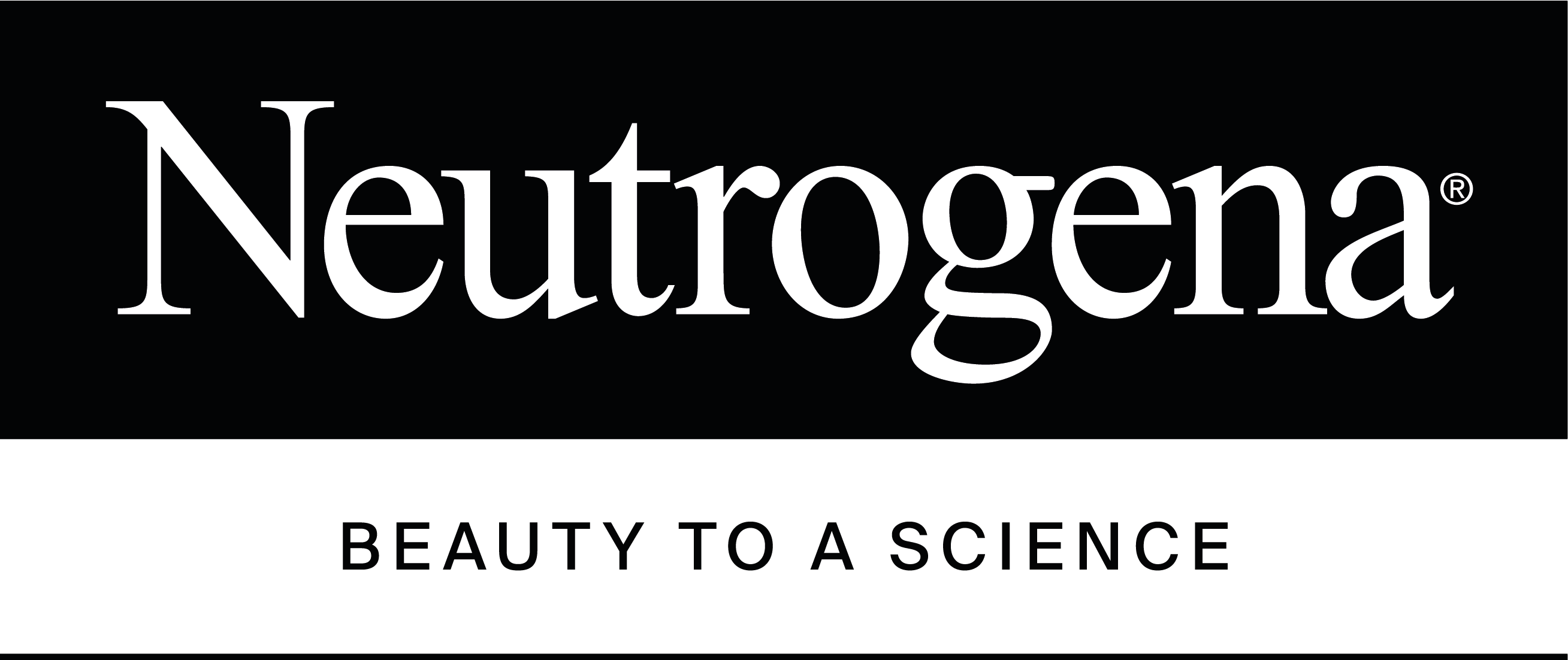Once we hit our mid-20s, our skin starts fighting the effects of aging, and it never really stops.
If you are like so many others searching for an effective treatment to get the hands of time off your skin, retinol might be the answer for you. Some skin industry experts and consumers believe retinol as a skincare ingredient is as close to magic as it gets.
Let's learn more about retinol and if it's the answer to your prayers for more youthful-looking skin.
What Is Retinol?
Retinol is a type of over-the-counter topical retinoid, which is a derivative of Vitamin A. Retinol has become one of the primary ingredients used by skincare companies today, especially as an anti-aging skincare ingredient.1
Retinol vs. Retinoids: Are they different?
If you follow the skincare industry, trying to find the best regimen for your skin's needs, you might have stumbled upon these terms—retinol and retinoids—and wondered, "What's the difference?".
While they are both derived from Vitamin A, there are some key differences between them. Let's take a look at both:
Retinoids. The term ‘retinoids’ refer to a class of chemical compounds that are derived from Vitamin A. Retinoids come in different types and forms, including retinal, retinal esters and retinol. Retinoids are typically only available with a prescription from your dermatologist or physician as they can come in much stronger formulations such as ‘tretinoin’.1,2
Retinol. Retinol is an over-the-counter form of retinoids, and as such is not as powerful as prescription retinoids. Since retinols are of lower strength, they are traditionally found in cosmetic skincare products.1 To put it simply, all retinols are retinoids, but not all retinoids are retinols.
How Does Retinol Work as an Ingredient?
Small molecules like retinol can be absorbed within the skin’s surface. Retinol complements skin’s natural surface renewal, revealing radiant-looking, new skin while sloughing off dead skin cells to help diminish the signs of aging.
What Are the Anti-Aging Benefits of Retinol in Skincare Products?
Retinol is one of the most widely used and well-established ingredients for anti-aging skincare regimens.5 Here are the anti-aging benefits of retinol in skincare1:
Reduces look of fine lines
Reduces look of deep wrinkles
Reduces the look of enlarged pores
Improves the look of dark spots/uneven skin tones
How to Use Retinol
You can enjoy the benefits of retinol by incorporating it into your skincare regimen. Whether you want to use retinol for uneven skin tone or to reduce the look of wrinkles, there are some things you should pay attention to.
Let's look at a few things to consider when using retinol:
According to the Skin Cancer Foundation, skin can become more sensitive to sunlight since the new skin at the surface is thin and delicate.3 It is important to protect your skin with a broad-spectrum SPF 30 sunscreen or higher during the daytime.
Remember to moisturize daily to prevent excessively dry, itchy skin, and scaling. Use hyaluronic acid & retinol together for intense hydration.
Slowly add retinol to your routine to help reduce irritation.
To address your uneven tone, wrinkles and dark spot concerns, you need products you can trust. Explore Neutrogena®'s line of retinol products:
NEUTROGENA® Rapid Wrinkle Repair 0.5% Retinol Pro+ Serum battles the advanced signs of aging with 0.5% retinol and nourishing emollients. You'll enjoy softer, smoother and younger-looking skin.
NEUTROGENA® Rapid Wrinkle Repair Retinol Serum Capsules provide you with a convenient and precise dose of retinol to treat your skin, encouraging skin elasticity and reducing look of fine lines and dullness.
NEUTROGENA® Stubborn Marks PM Treatment fights the look of lingering acne scars, boosting the skin's natural exfoliation process while you sleep.
NEUTROGENA® RAPID WRINKLE REPAIR® Retinol Oil reduces the look of fine lines and deep wrinkles. This highly concentrated retinol product provides results in just one week by nourishing and replenishing dry skin to leave behind radiant and younger-looking skin.
NEUTROGENA® RAPID WRINKLE REPAIR® Serum visibly reduces the look of wrinkles in about one week, leaving your skin feeling smooth and looking younger.
NEUTROGENA® RAPID WRINKLE REPAIR® Moisturizer Night features retinol combined with a glucose complex booster. Together, these core ingredients work to reduce the look of crow's feet as well as cheek and forehead wrinkles.
As with any retinol product, you may temporarily experience mild redness and irritation or peeling skin.1 If effects persist or cause discomfort, reduce the frequency of use until your skin adjusts, then revert to daily use as tolerated.
Most importantly, always read the label of any product you select.
When to Use Retinol
It's easy to get excited about a product containing retinol, but you don't want to jump in and start using something without all the information. While most skin types can handle retinol products, it may beneficial to start with products with low concentrations of retinol such as the NEUTROGENA® Rapid Wrinkle Repair Retinol Serum Capsules, before moving up to product with higher concentrations such as the NEUTROGENA® Rapid Wrinkle Repair 0.5% Retinol Pro+ Serum. That way you can keep an eye on how your skin responds to retinol.
In any case, it's always best to consult a dermatologist if you’re new to retinol.
Frequently Asked Questions
Before diving in and buying a product, you might have some questions like the following:
Q: When can you expect results?
A: Remember that patience is a virtue, and retinol isn't a quick fix. Most retinol products could take a few weeks of consistent use to see results. Some studies found that participants saw a reduction in wrinkles after 12 weeks.4
Q: What should you do if your skin has a bad reaction to retinol?
A: Stop using the product if you start to experience signs of ‘retinol burn’ such as painful irritation, redness, dry and or flaking.5 If the problems don't fade soon or get worse, visit a dermatologist.
Summary and Closing
Retinol, a derivative of Vitamin A, can be applied topically on your skin. Neutrogena® offers a line of retinol skincare products that can help you defy visible effects of aging to look and feel your best.
Check with your dermatologist to determine whether retinol skincare products are right for you.



